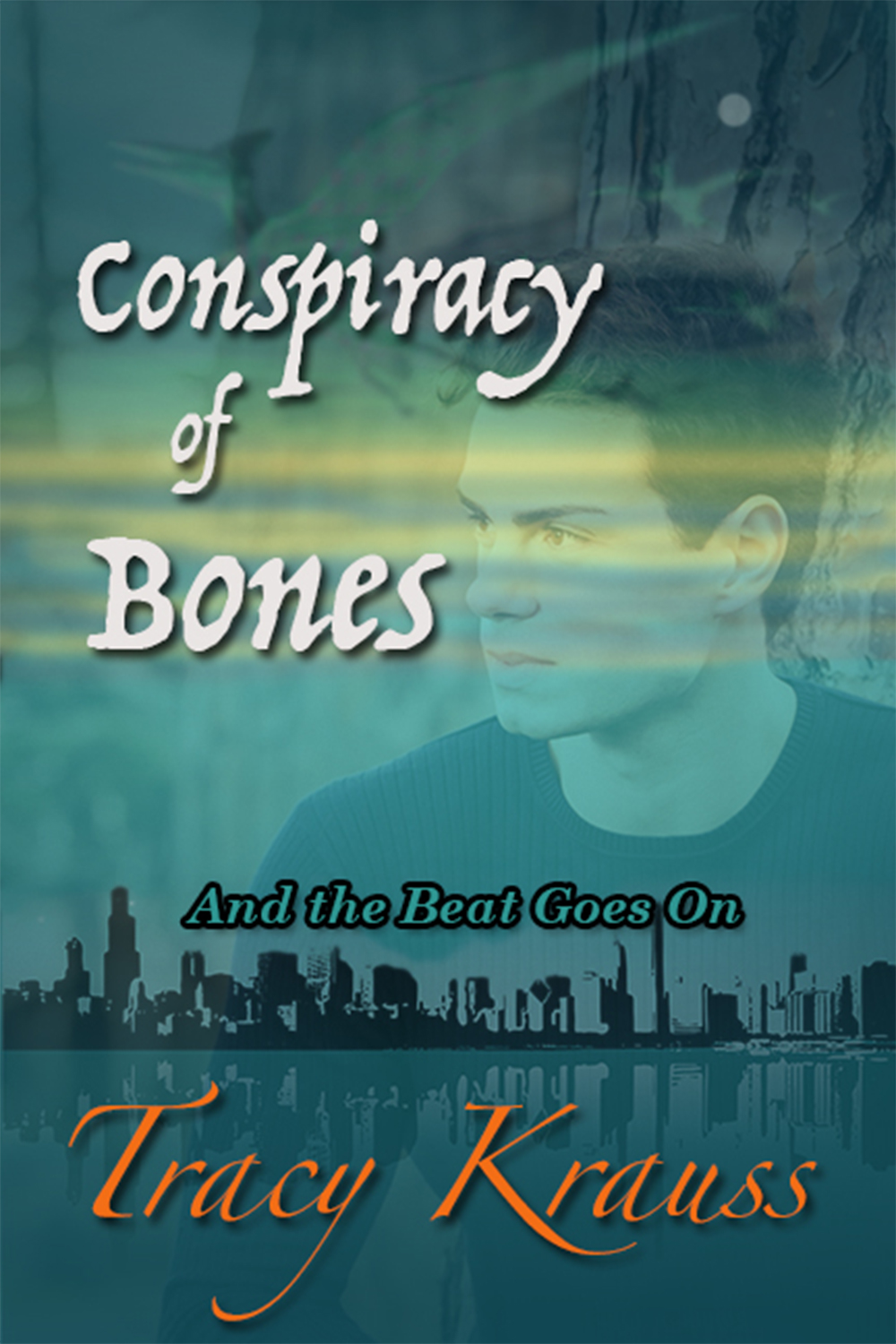
Get your free copy of this award winning book.
As a novelist and playwright, I primarily write fiction… or do I? I spend a lot of time writing blog posts, newsletters, and articles like this one. I actually enjoy it and find it keeps me sharp. However, I sometimes wonder if it’s worth the effort. Ask any fiction writer and they’ll probably agree. The modern fiction author often puts a lot of effort into writing non-fiction, too, even if it is mostly for marketing purposes or to gain exposure. The question arises, “Is it worth it?”
 I believe the answer is, “Yes.” However, you must weigh the time spent doing such writing with the possible benefits. It takes a lot of time away from other writing and if you’re expecting instant results, you’ll probably be disappointed. Whatever you do, you need to have the long game in mind. All of the aforementioned examples are about building connections, authority, and presence. This takes time and effort.
I believe the answer is, “Yes.” However, you must weigh the time spent doing such writing with the possible benefits. It takes a lot of time away from other writing and if you’re expecting instant results, you’ll probably be disappointed. Whatever you do, you need to have the long game in mind. All of the aforementioned examples are about building connections, authority, and presence. This takes time and effort.
One way to maximize your time is to reuse and recycle your content in multiple ways. This isn’t cheating. It’s smart. I often repurpose an article later on my blog, use ideas from a blog post in my newsletter, (or vice versa) and then share any or all of this on Social Media. As a side note, some people say blogs are dying, but I don’t agree. While blogging has changed, it still provides a solid foundation for sharing new content which can be easily found by search engines. It’s a great place to start and blog posts can be re-shared long after that social media post has disappeared into the netherworld of feed updates. Blogging also forces a certain amount of discipline which is beneficial for any writer.
Having said that, I sometimes feel stumped when it’s time to write that next blog post or newsletter. It feels like it’s all been said before and just recapping my books, explaining about the writing process, or talking about the characters begs the question, “Who really cares?” It’s a quandary I came across in another blog post recently, so I know I’m not the only one thinking about it.
I believe the key is to be personal. Share anecdotes, experiences, and observations from real life. People like to know tidbits of information. It makes you relatable. You don’t have to spill all your deepest secrets, but a peek into your real life goes a long way. As well, the old adage “show don’t tell” is just as important here as in your fictional pieces. Use your fictional writing skills and draw readers in. Make it a story, not just a retelling. Of course, vivid descriptions and figurative language add depth if that’s your style, so use them! Even try injecting some dialogue if you can.
A great strategy is to draw from the themes that come up in your fictional books. I’m not talking about yet another synopsis of the plot. I’m talking about real stories that connect in some small way to your fiction. To get started, make a list of themes, scene locations, vocations, and even objects that appear in each book. Do your characters meet in a cool little café? Describe your favourite café or tell a story about an incident from a restaurant. Relate a travel experience if your characters go to an exotic location. If you write mysteries, share some interesting forensic information you came across in your research. Science fiction authors can talk about technology or ethical issues related to science. Does one of your characters have a unique style? Perhaps you’ve experienced your own fashion faux pas! Social issues like prejudice, mental health, or homelessness lend themselves well to further discussion. When you start looking for themes in your own books you’ll probably have more than enough ideas.
When I taught English, we always did what I called “Reading Circles”. It was basically a book club format where we sat in small groups and talked about the book we were reading. One of the leading questions I used applies really well here. Ask yourself, “What does this theme/scene/character/object remind me of?” If you can’t think of a personal experience you can use the experiences of others or even a movie or other book. This allows you to write more broadly while still maintaining a thread that relates to your books.
Whichever way you approach it, fiction authors also need to get good at writing non-fiction. Simply put, it comes with the territory. Hopefully, there is some value here.
You are very wise and very right. I think in this day and age of social media fiction writers need also hone their craft of writing non-fiction. You do it beautiful Tracy.
Thank you.